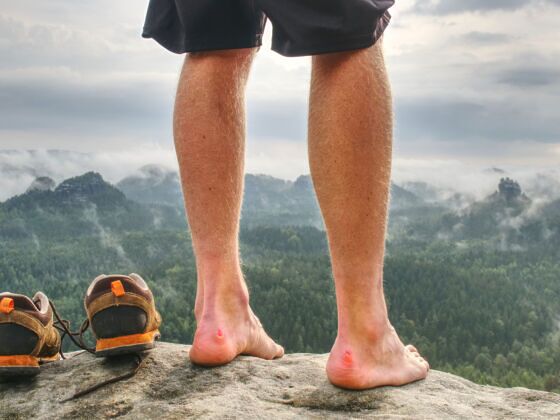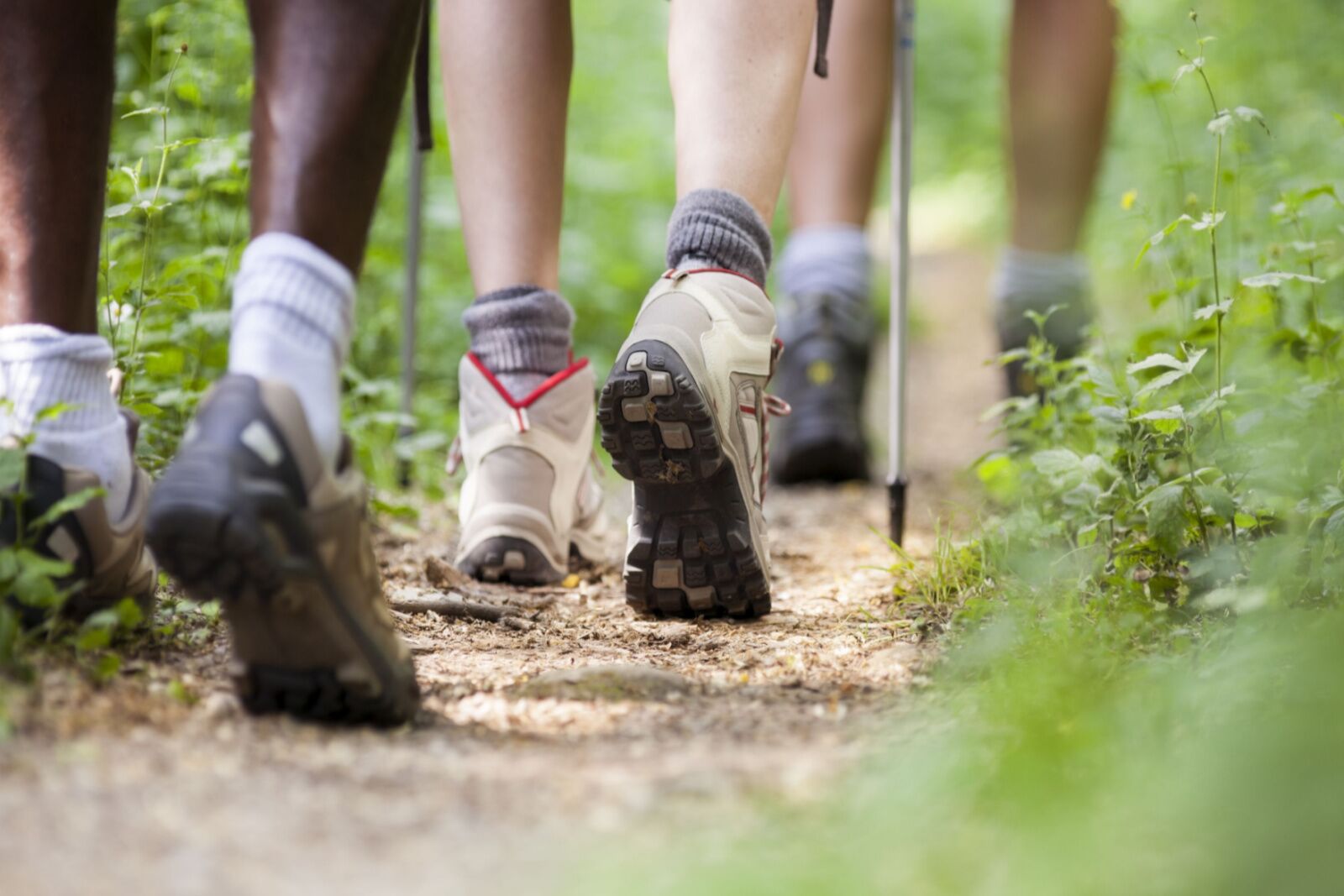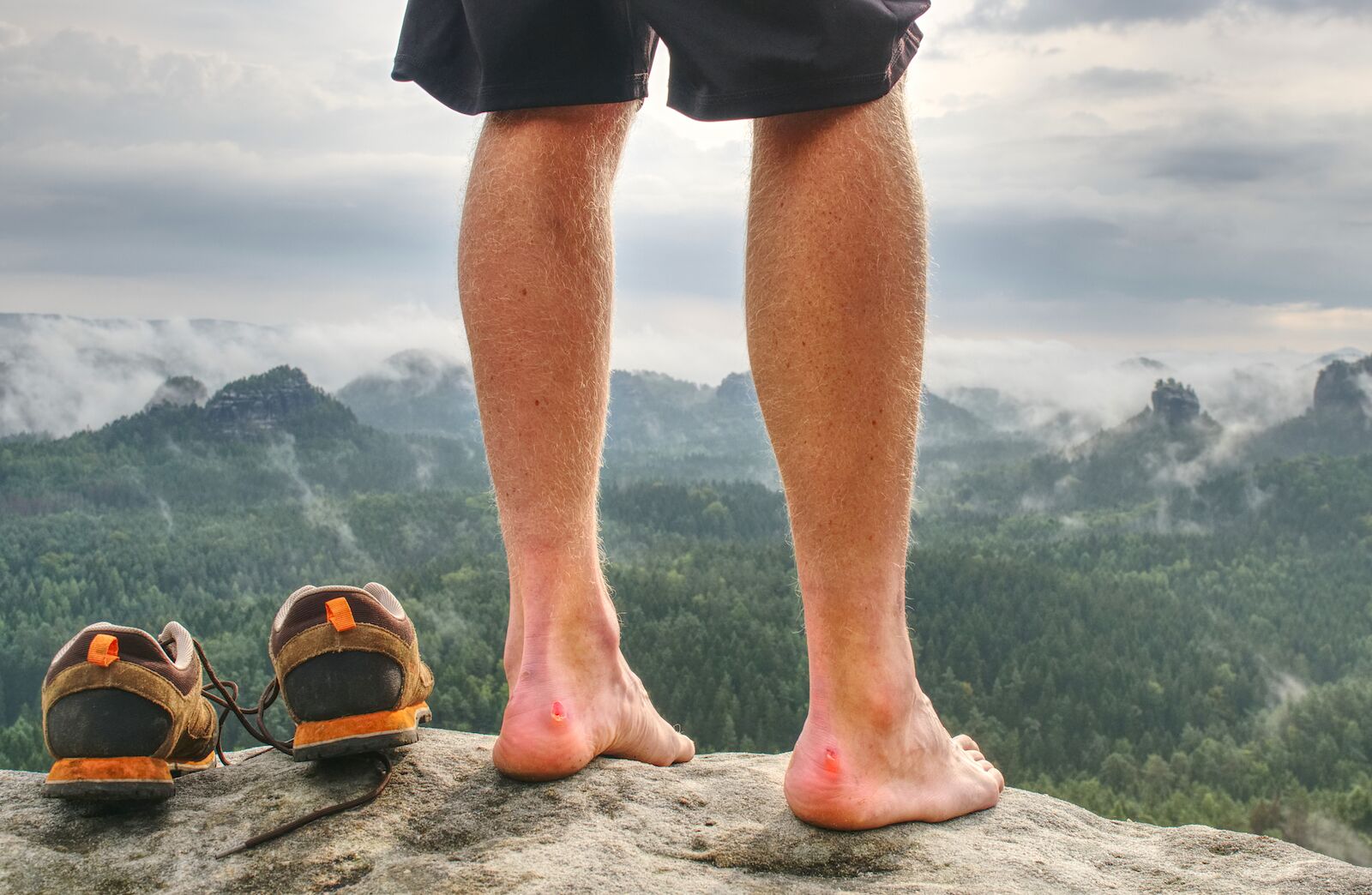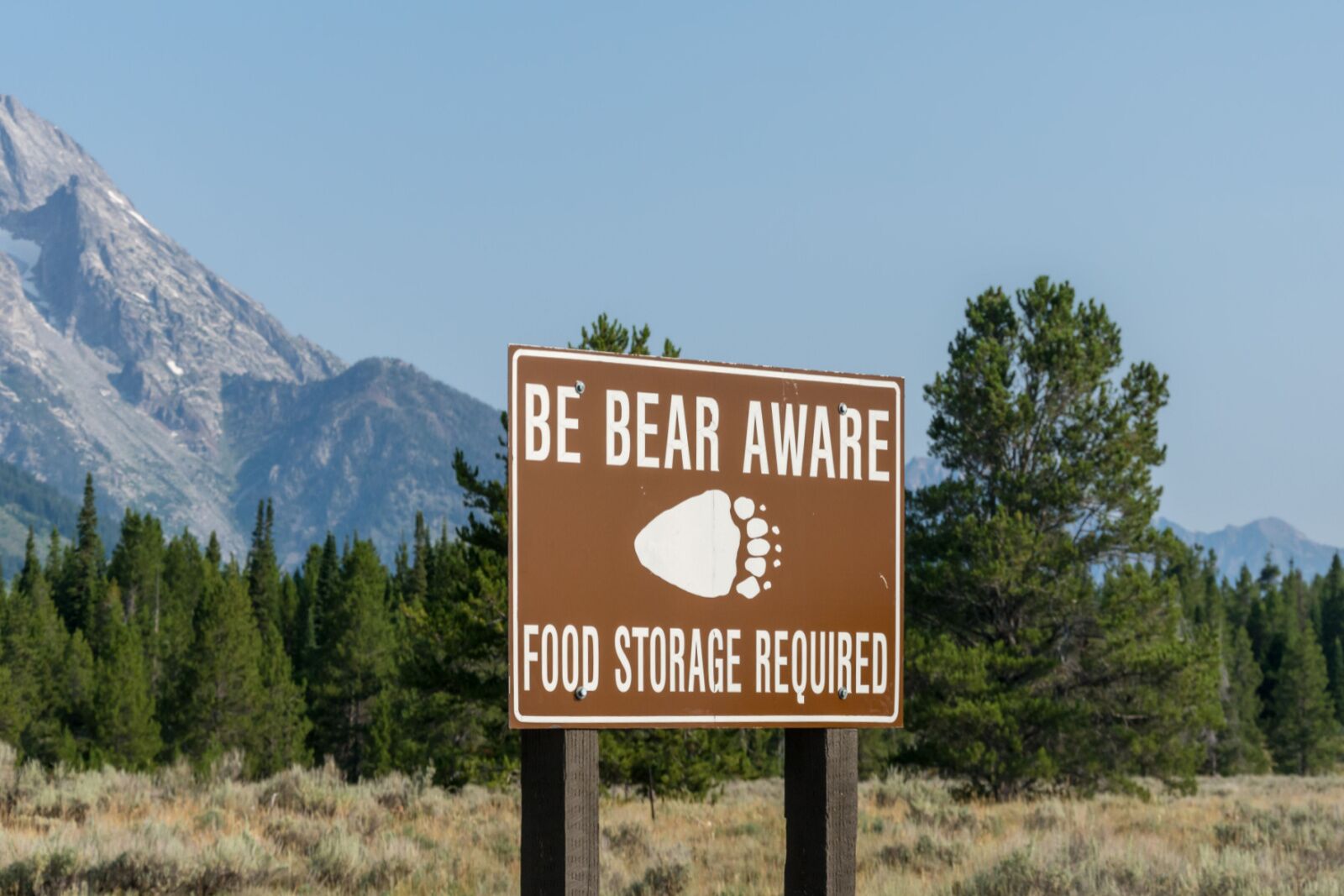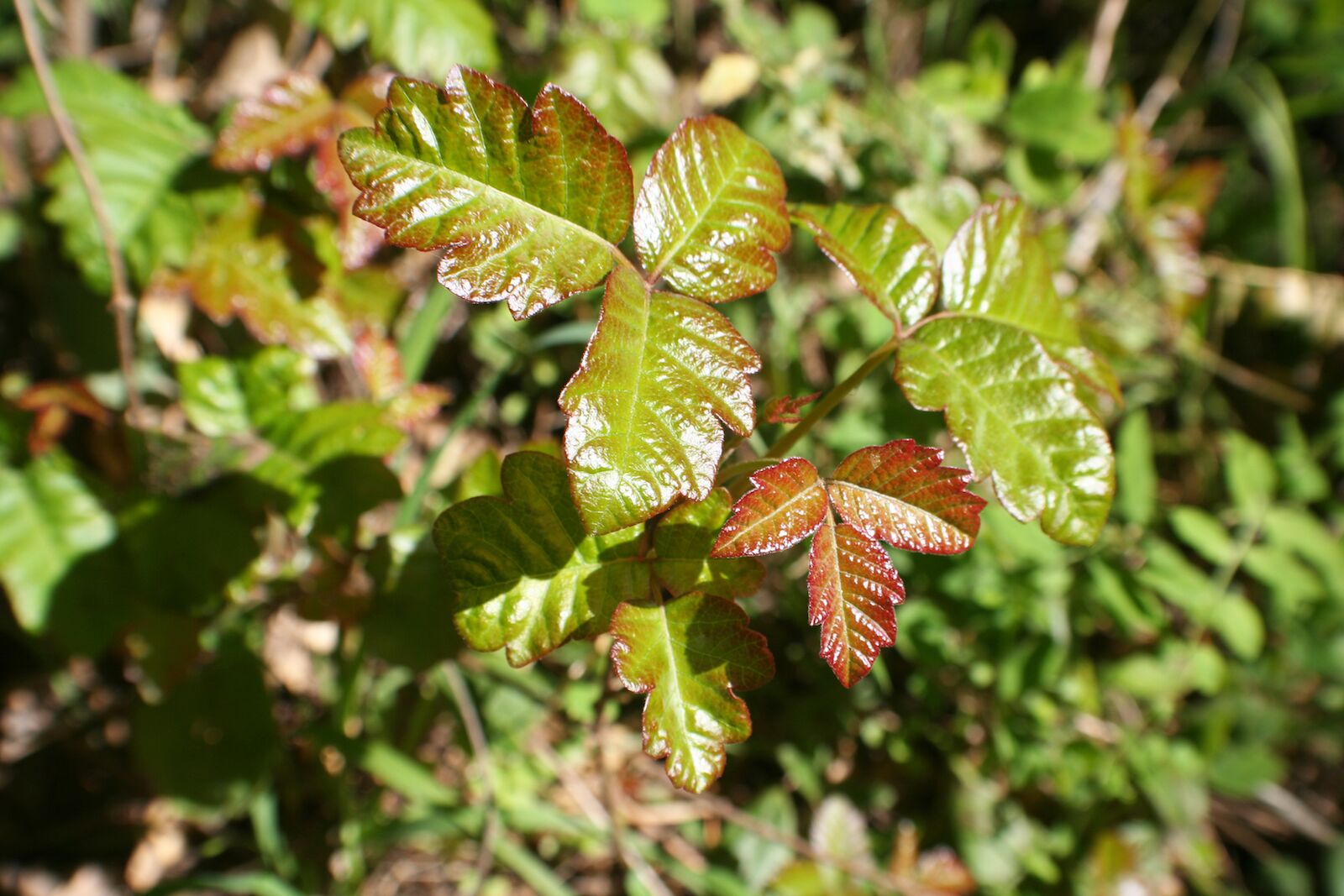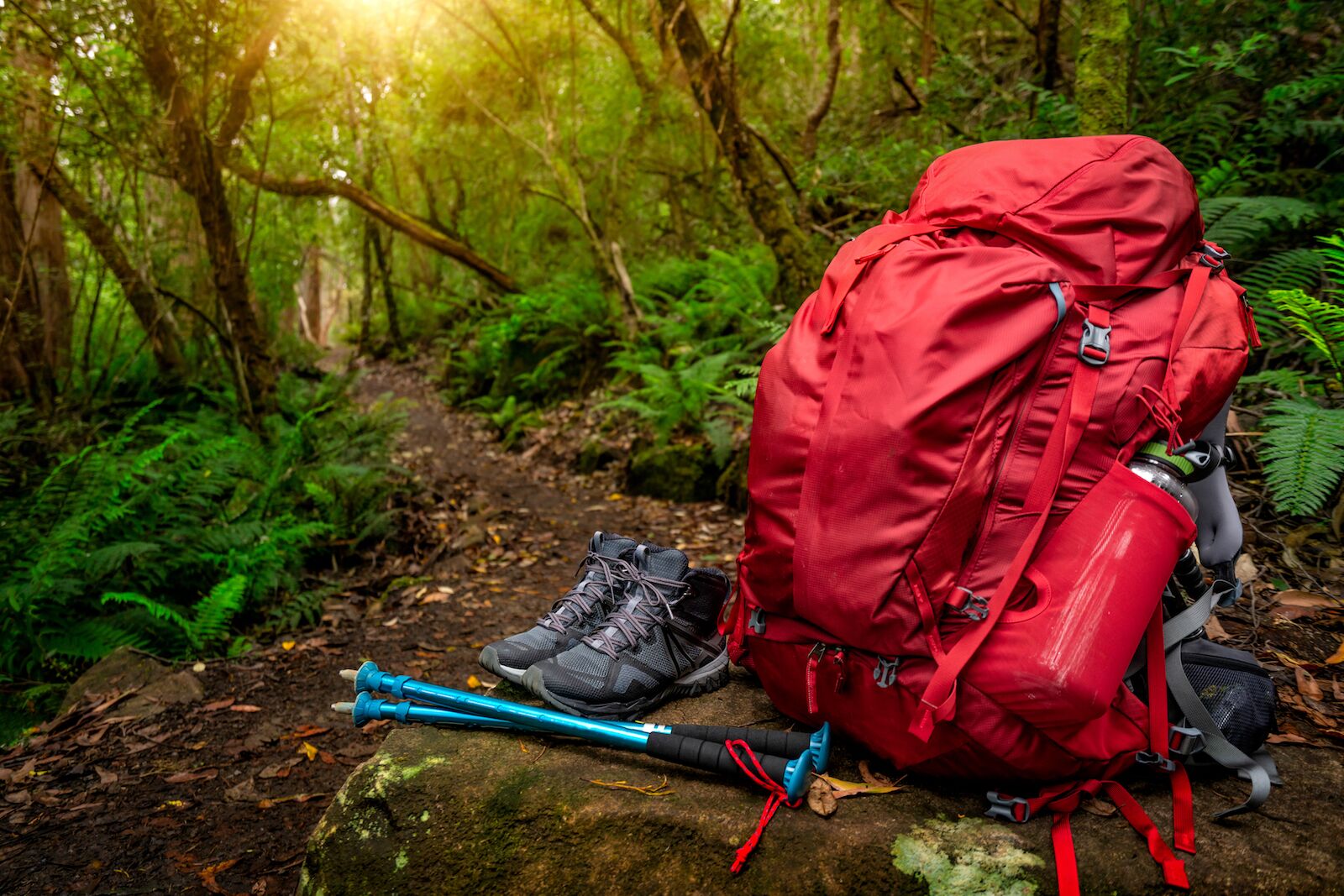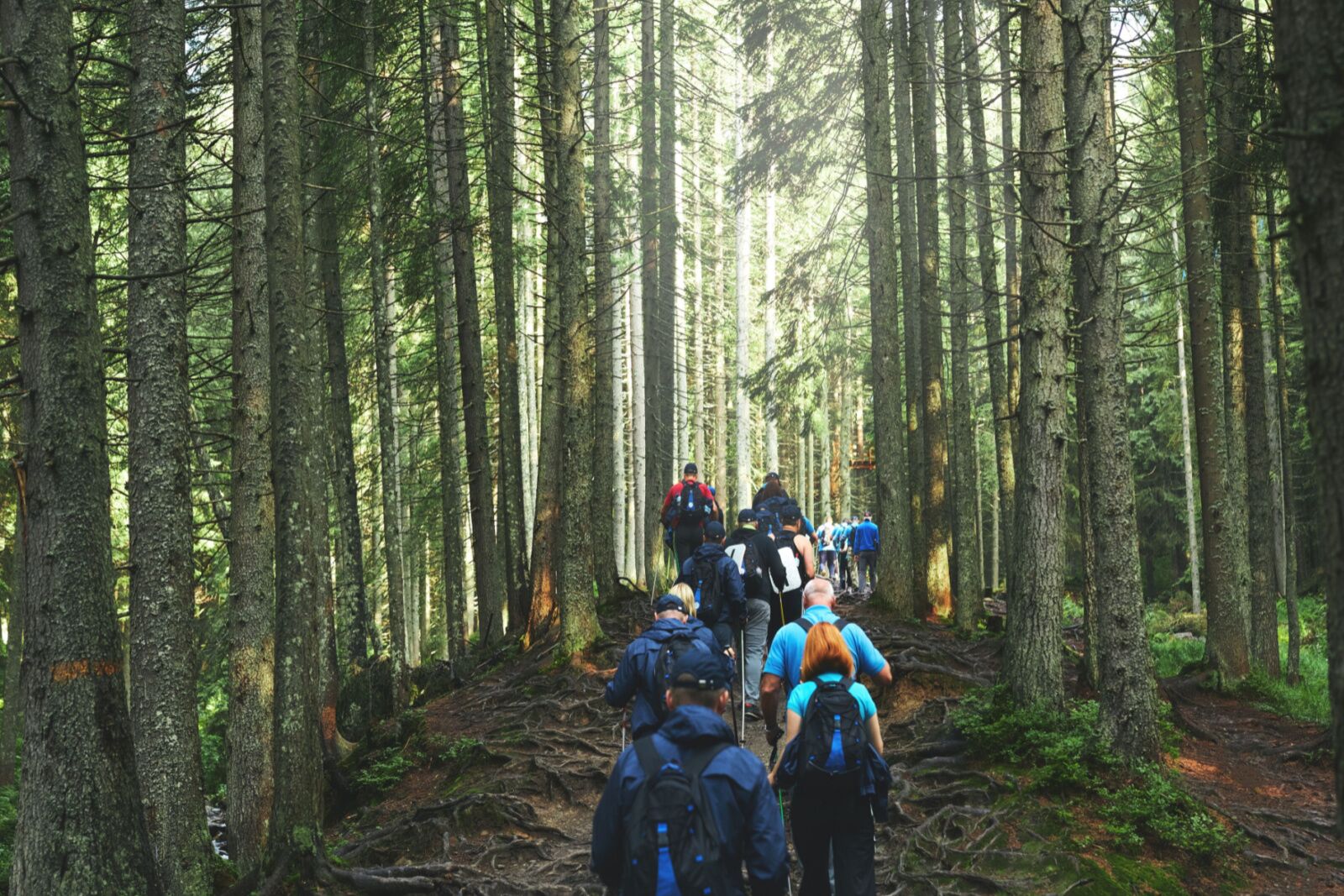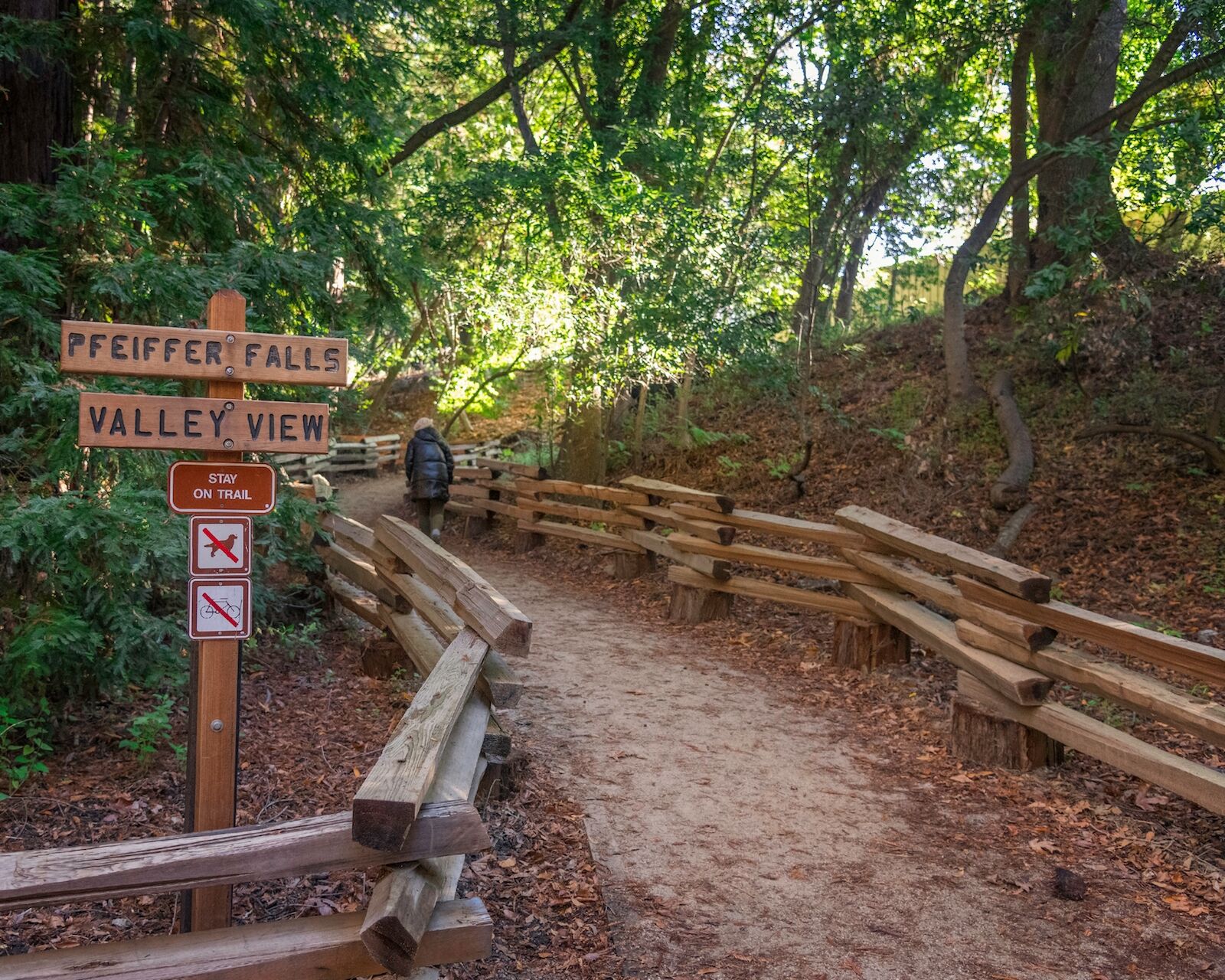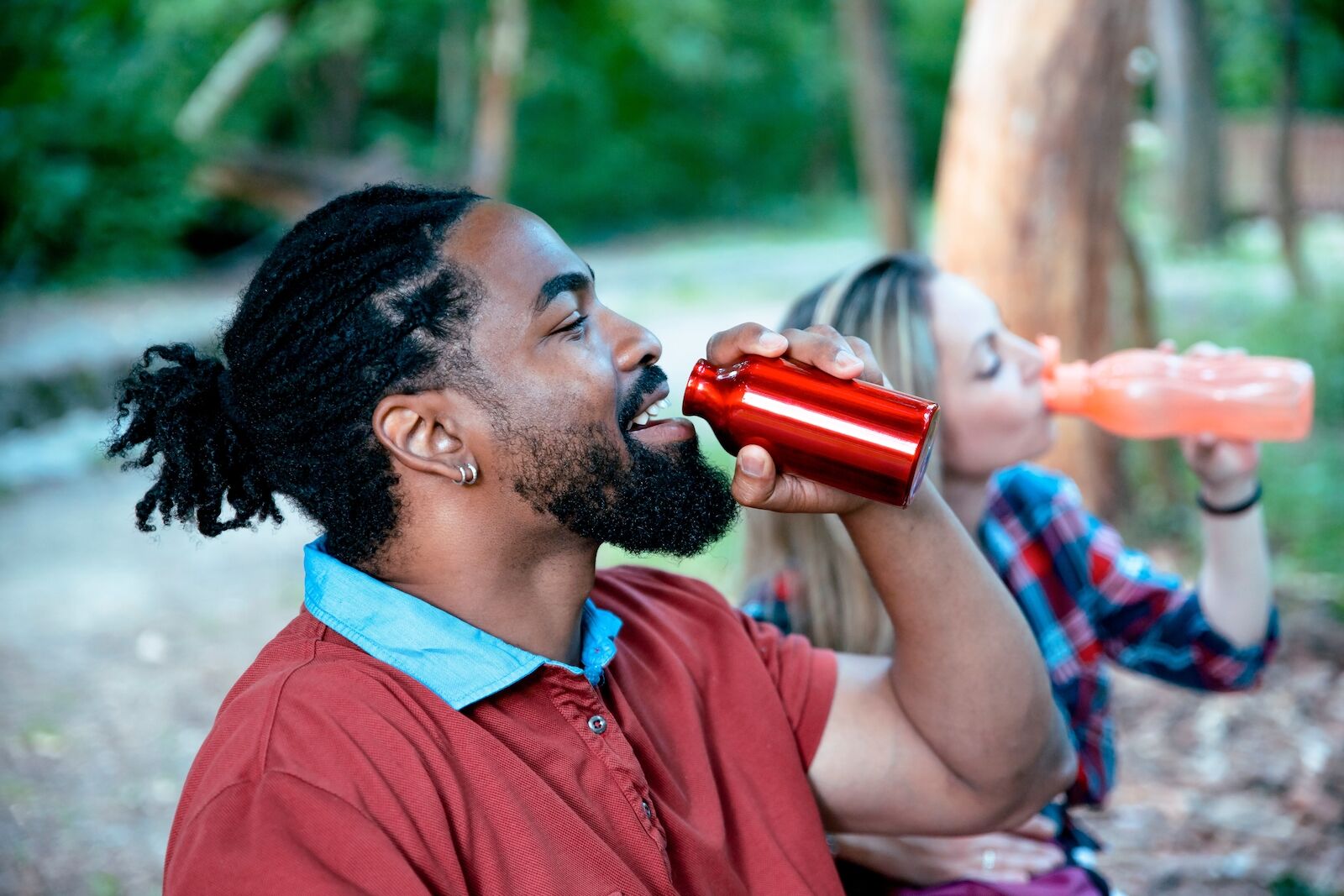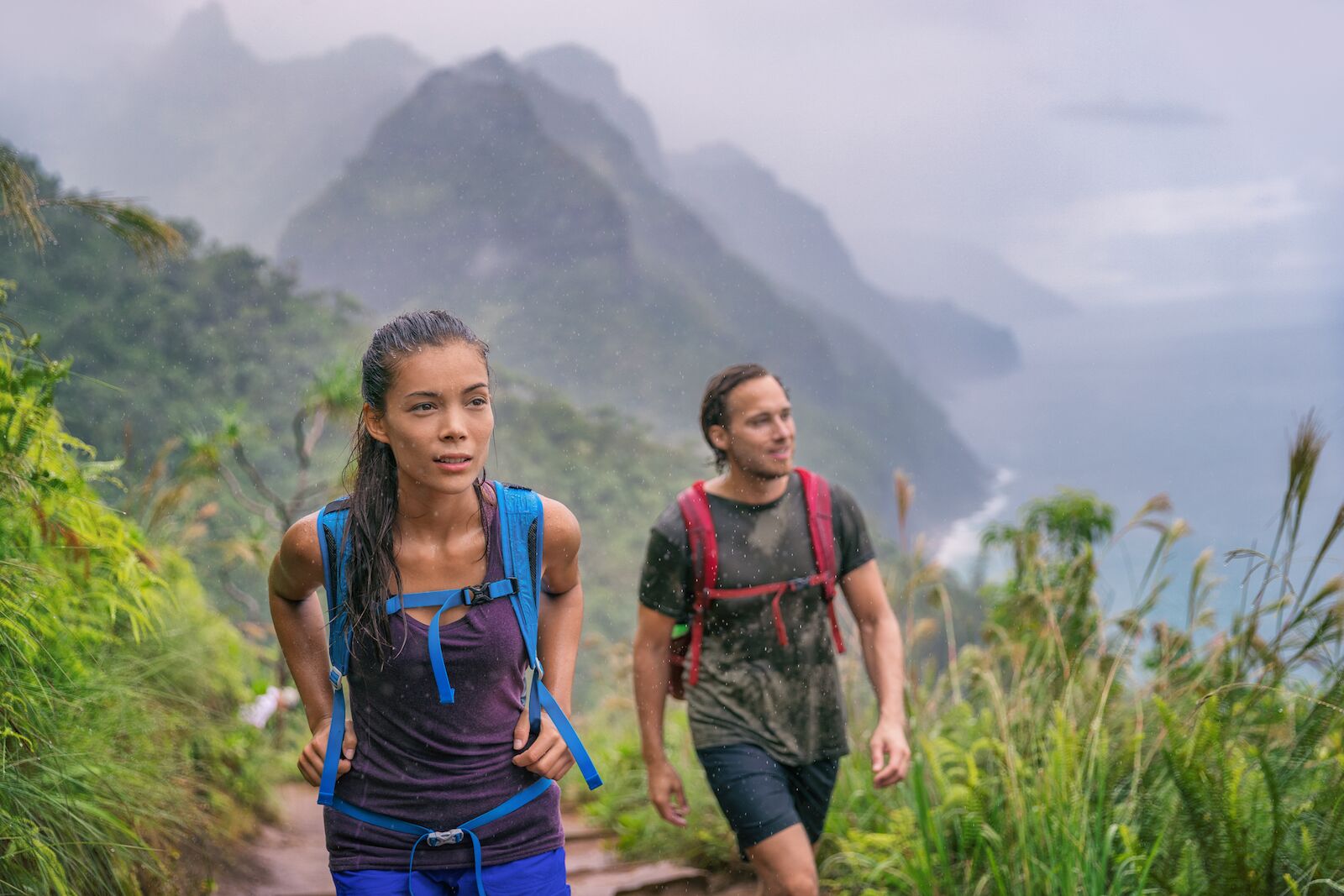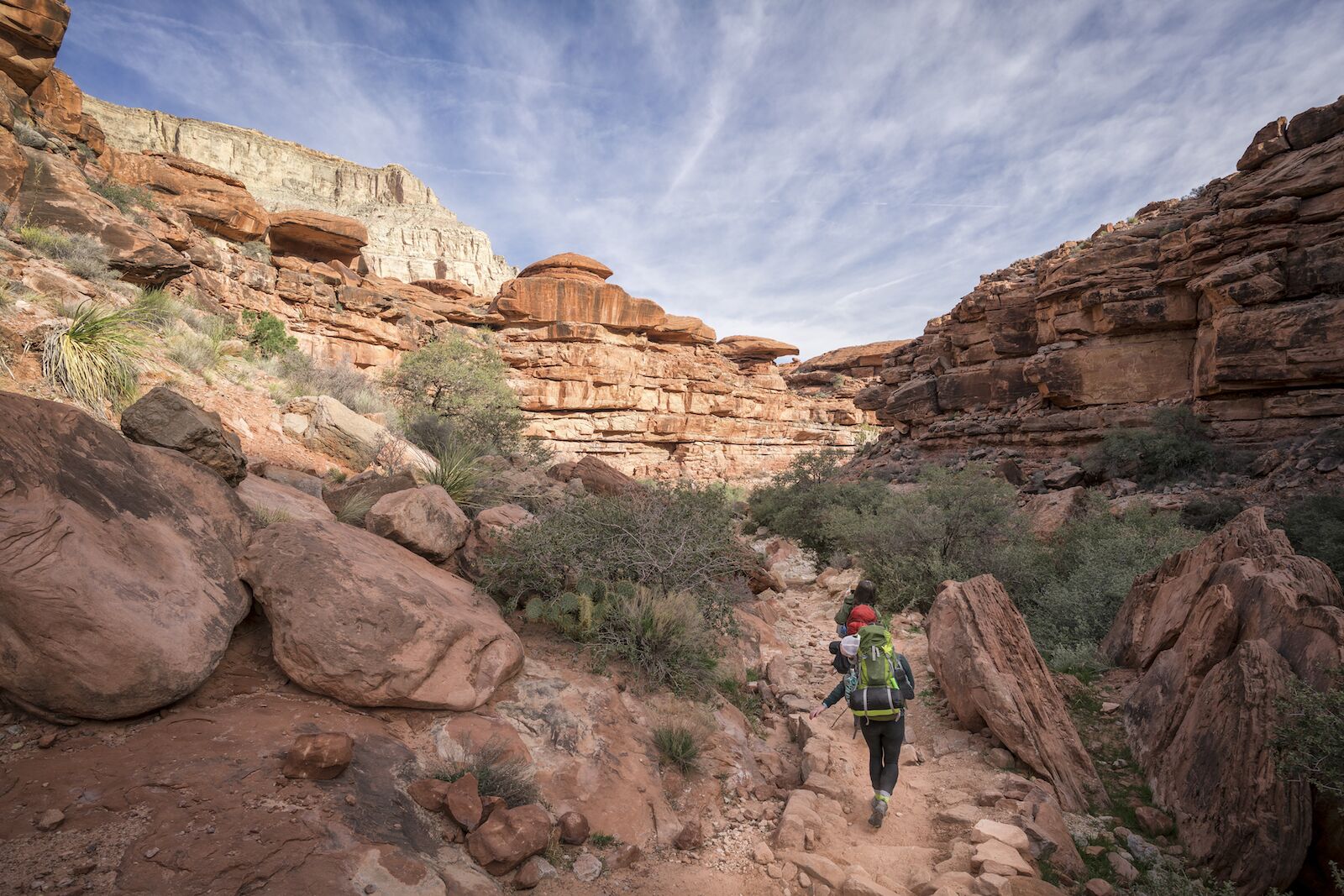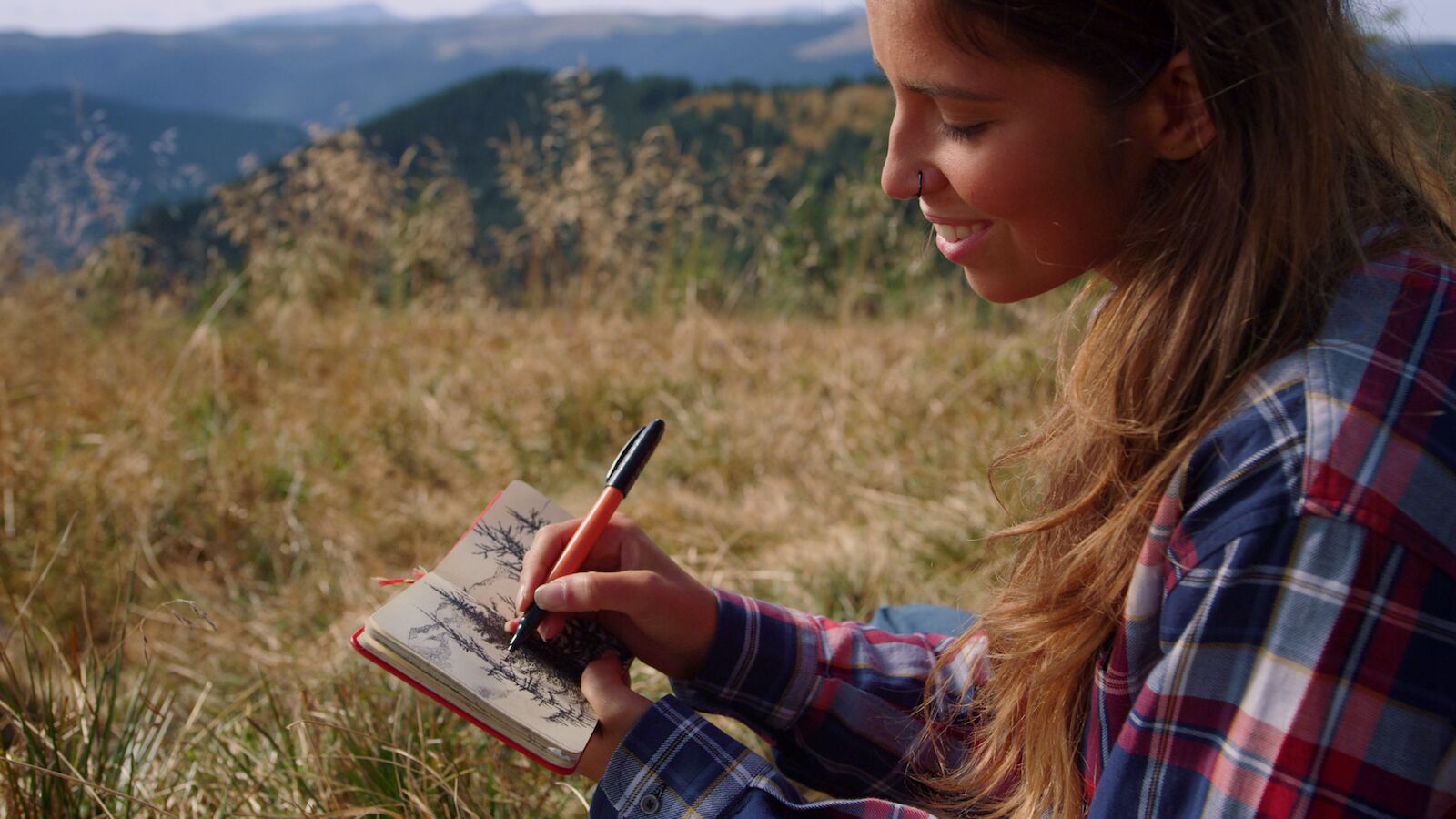If you’re anxious to hit the trails but aren’t quite show how to get started, don’t worry. Hiking experts on Reddit are sharing their best tips for hiking for beginners, ranging from what to pack to how to evaluate a trail to how to stay safe.
While hiking seems simple — and it fundamentally is — it’s understandable that it can be a little scary. Being out in the woods away from other people (and sometimes cell service) can make even an easy trail seem intimidating. But hiking for beginners doesn’t need to be extreme, and these 25 tips for first-time trail explorers prove it. These tips come from Redditors around the world, ranging from experts who have hiked the entire Pacific Crest Trail to tropical hikers used to rain storms and muddy trails.
